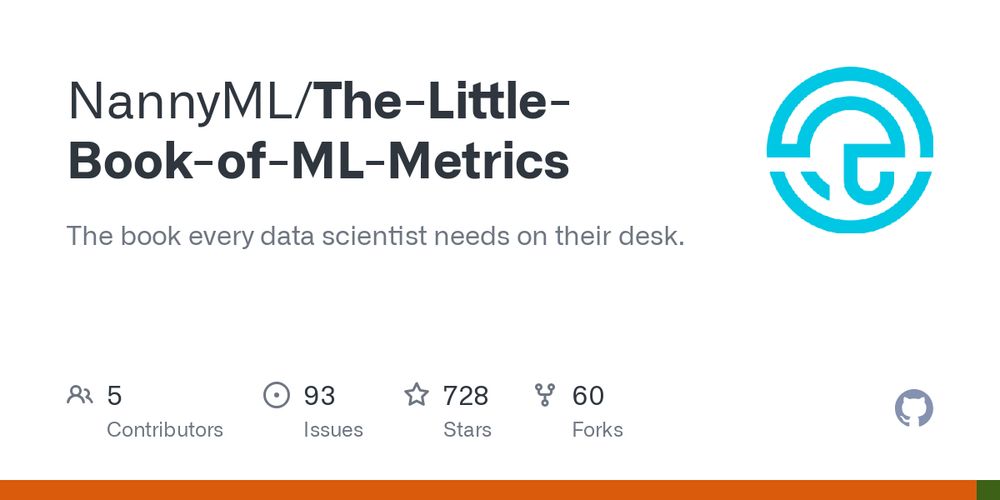In this post, I share tools and habits that help me move quickly from idea to result without sacrificing reliability.

In this post, I share tools and habits that help me move quickly from idea to result without sacrificing reliability.
www.nature.com/articles/s41...
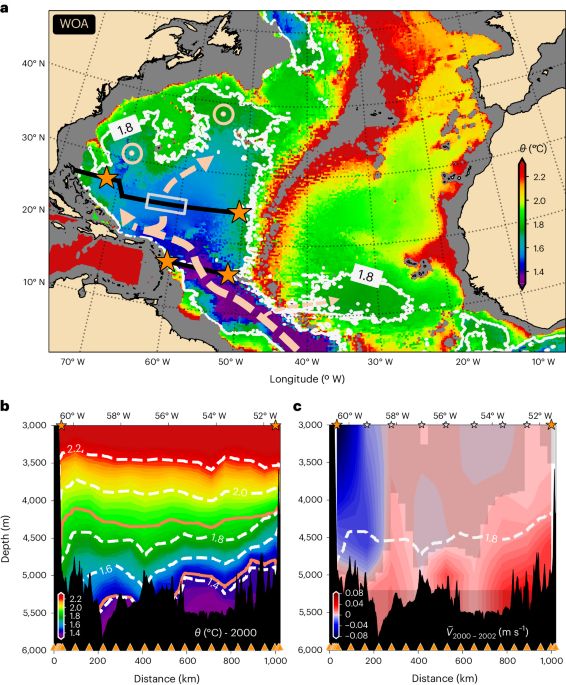
www.nature.com/articles/s41...
The recent global temperature surge in 2023 was intensified by a record-low planetary #albedo
👉 doi.org/10.1126/scie... @thomasjung.bsky.social @ecmwf.bsky.social
This is what we found (🧵1/8)

The recent global temperature surge in 2023 was intensified by a record-low planetary #albedo
👉 doi.org/10.1126/scie... @thomasjung.bsky.social @ecmwf.bsky.social
This is what we found (🧵1/8)
news.mit.edu/2024/reality...
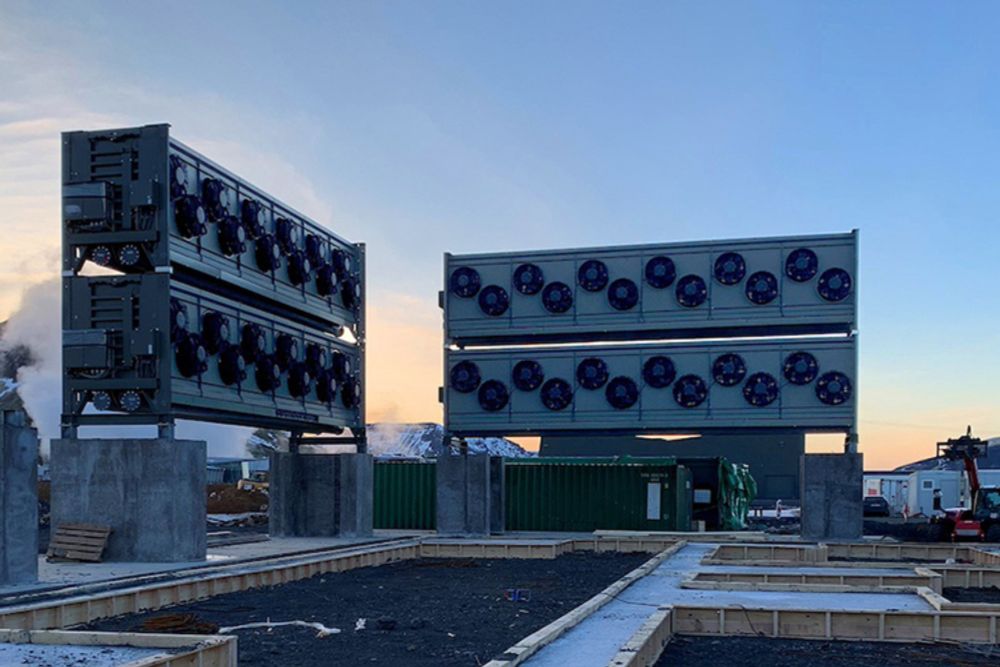
news.mit.edu/2024/reality...
[1/13]
#NeurIPS2024
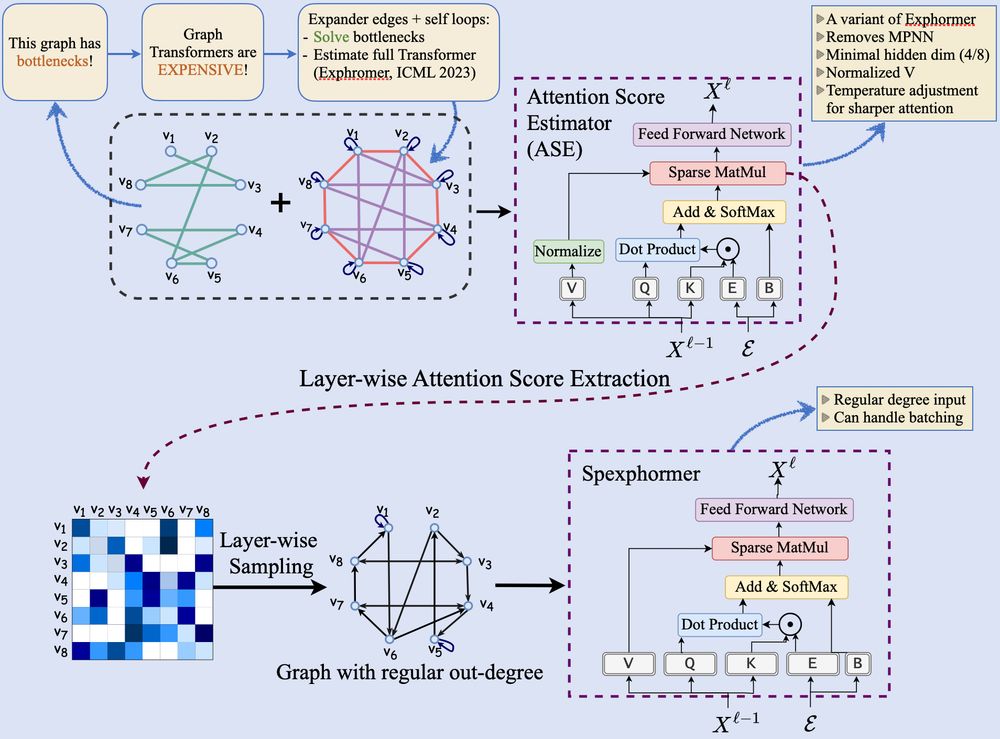
[1/13]
#NeurIPS2024
Our answer: They’re two sides of the same coin. We wrote a blog post to show how diffusion models and Gaussian flow matching are equivalent. That’s great: It means you can use them interchangeably.

Our answer: They’re two sides of the same coin. We wrote a blog post to show how diffusion models and Gaussian flow matching are equivalent. That’s great: It means you can use them interchangeably.
We want this to enable multi-disciplinary foundation model research.
We want this to enable multi-disciplinary foundation model research.
our new paper in @pnas.org with S. Bartusek, R. Seager. J. Schellnhuber and M. Ting investigating the tail behaviour of extreme heatwave trends.
@iiasa.ac.at @columbiaclimate.bsky.social @lamontearth.bsky.social
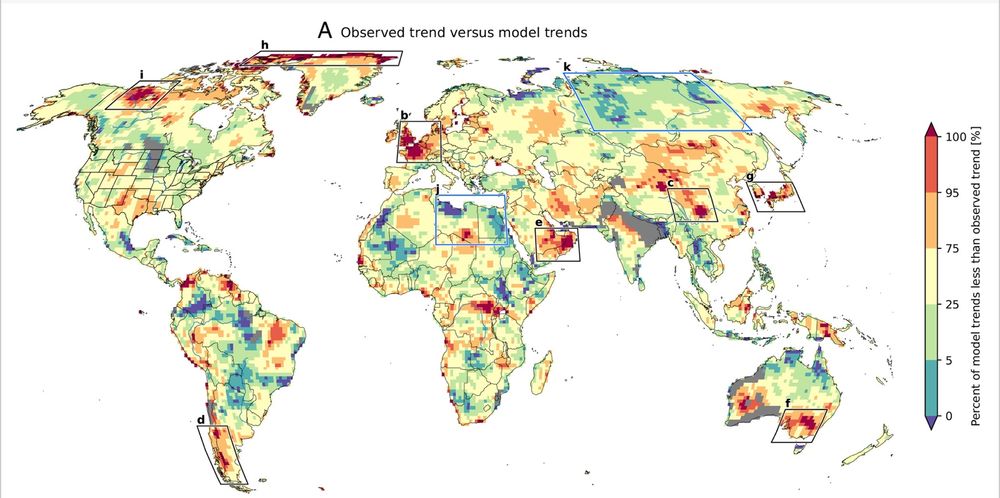
our new paper in @pnas.org with S. Bartusek, R. Seager. J. Schellnhuber and M. Ting investigating the tail behaviour of extreme heatwave trends.
@iiasa.ac.at @columbiaclimate.bsky.social @lamontearth.bsky.social

This is isn’t some left-wing fringe environmental group saying this.
It’s MIT.
news.mit.edu/2024/reality...

This is isn’t some left-wing fringe environmental group saying this.
It’s MIT.
news.mit.edu/2024/reality...
We found that the generative capabilities of diffusion models are the result of a phase transition!
Preprint: arxiv.org/abs/2305.19693
Code: github.com/gabrielraya/...

We found that the generative capabilities of diffusion models are the result of a phase transition!
Preprint: arxiv.org/abs/2305.19693
Code: github.com/gabrielraya/...
mufan-li.github.io/OT1/
mufan-li.github.io/OT1/
But then I found the paper "Mechanistic?" by
@nsaphra.bsky.social and @sarah-nlp.bsky.social, which clarified things.
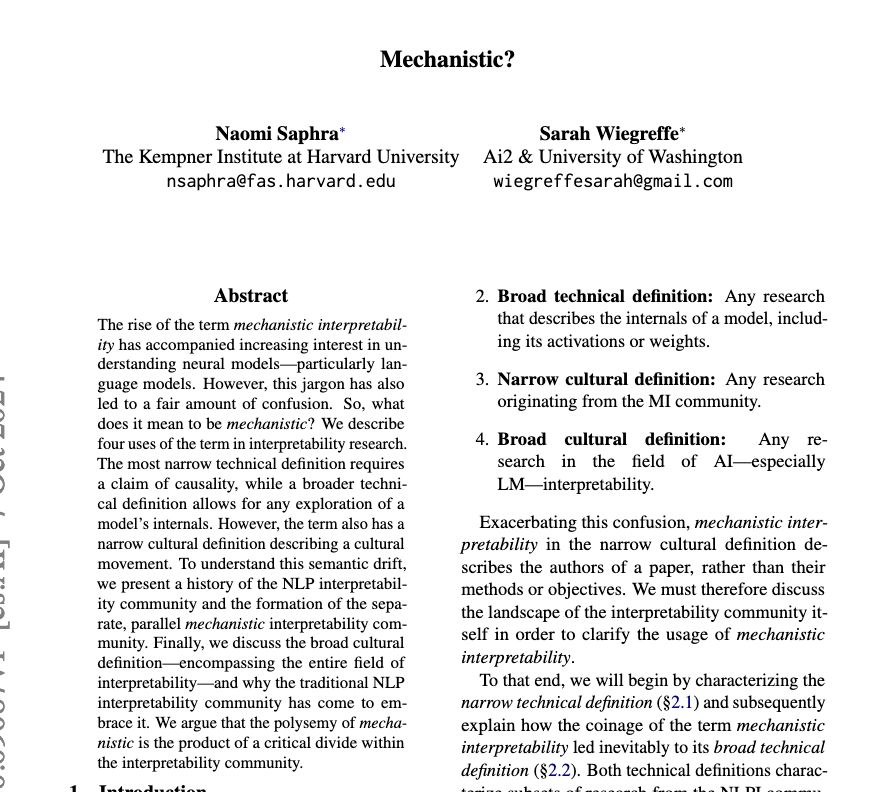
But then I found the paper "Mechanistic?" by
@nsaphra.bsky.social and @sarah-nlp.bsky.social, which clarified things.
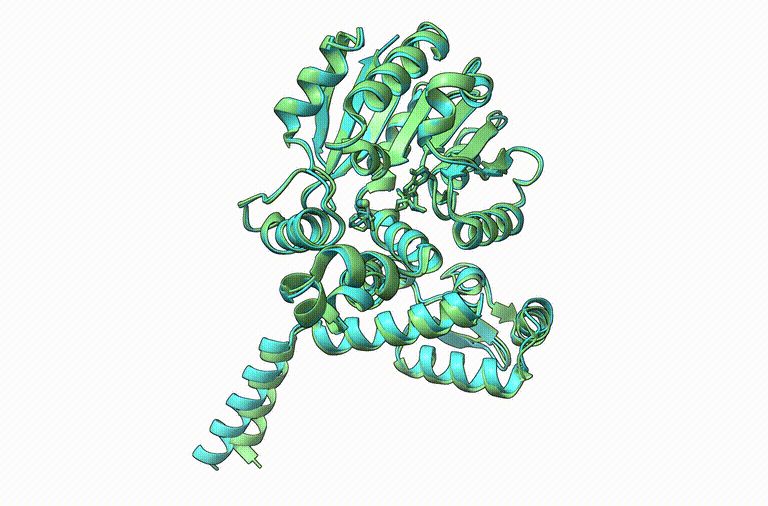
www.nature.com/articles/s41...
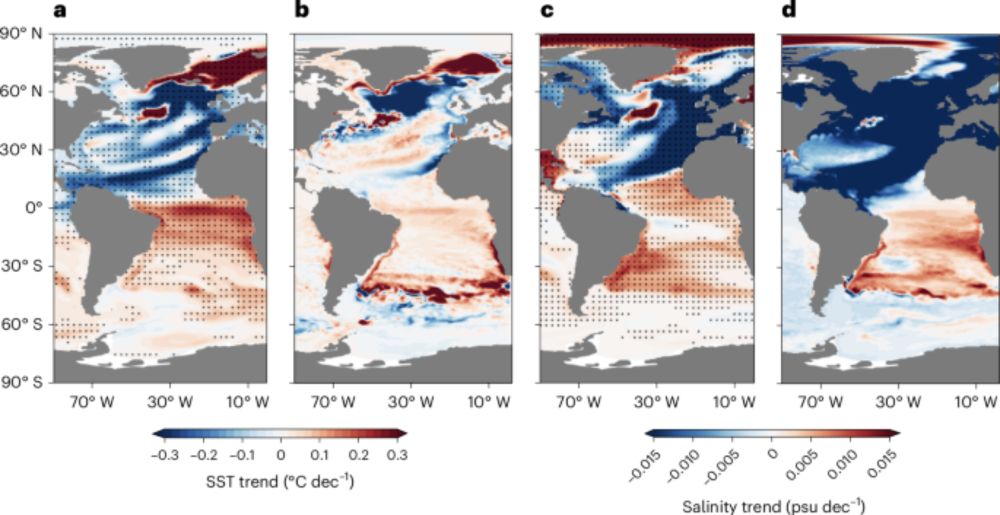
www.nature.com/articles/s41...
PoM: Efficient Image and Video Generation with the Polynomial Mixer
arxiv.org/abs/2411.12663
This is my latest "summer project" and it was so big I had to call in reinforcements (Thanks @nicolasdufour.bsky.social)
TL;DR Transformers are for boomers, welcome to the future
🧵👇

PoM: Efficient Image and Video Generation with the Polynomial Mixer
arxiv.org/abs/2411.12663
This is my latest "summer project" and it was so big I had to call in reinforcements (Thanks @nicolasdufour.bsky.social)
TL;DR Transformers are for boomers, welcome to the future
🧵👇
Timo and I recently published a book, and even if you are not a scientist, you'll find useful overviews of topics like causality and robustness.
The best part is that you can read it for free: ml-science-book.com
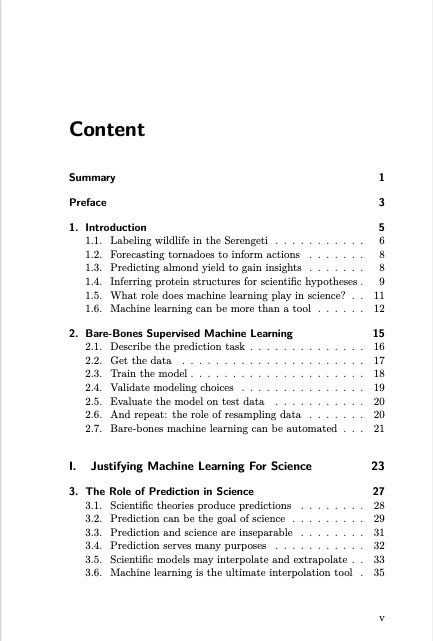
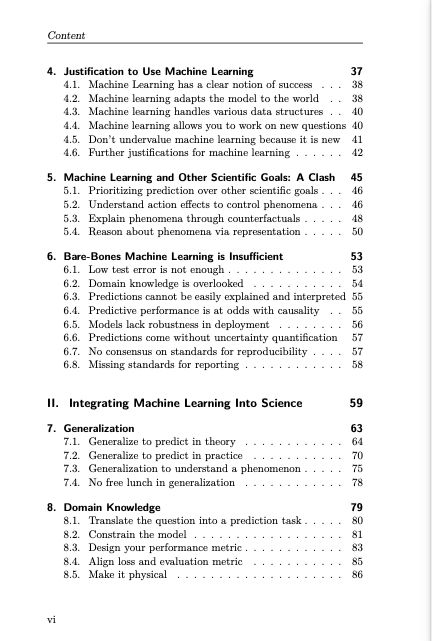
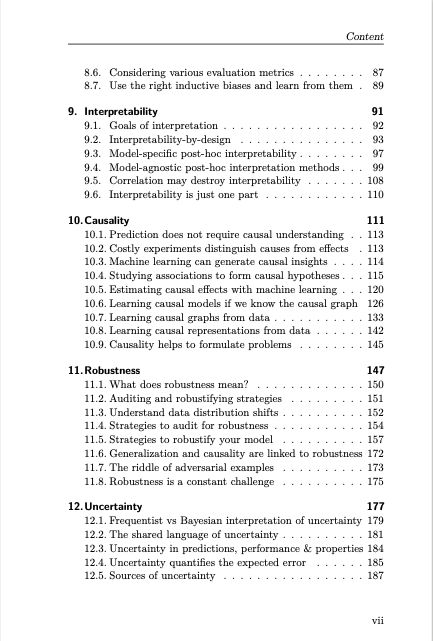
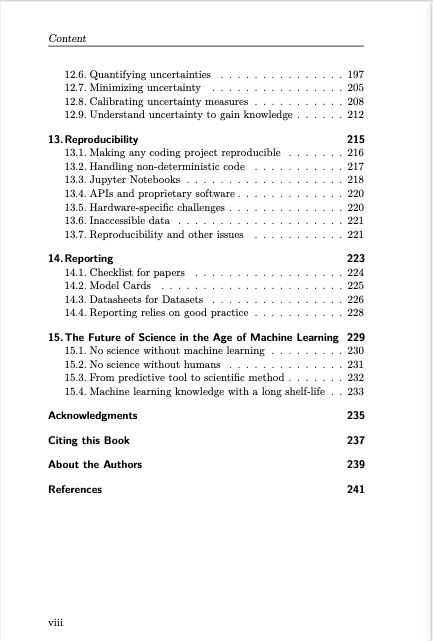
Timo and I recently published a book, and even if you are not a scientist, you'll find useful overviews of topics like causality and robustness.
The best part is that you can read it for free: ml-science-book.com


